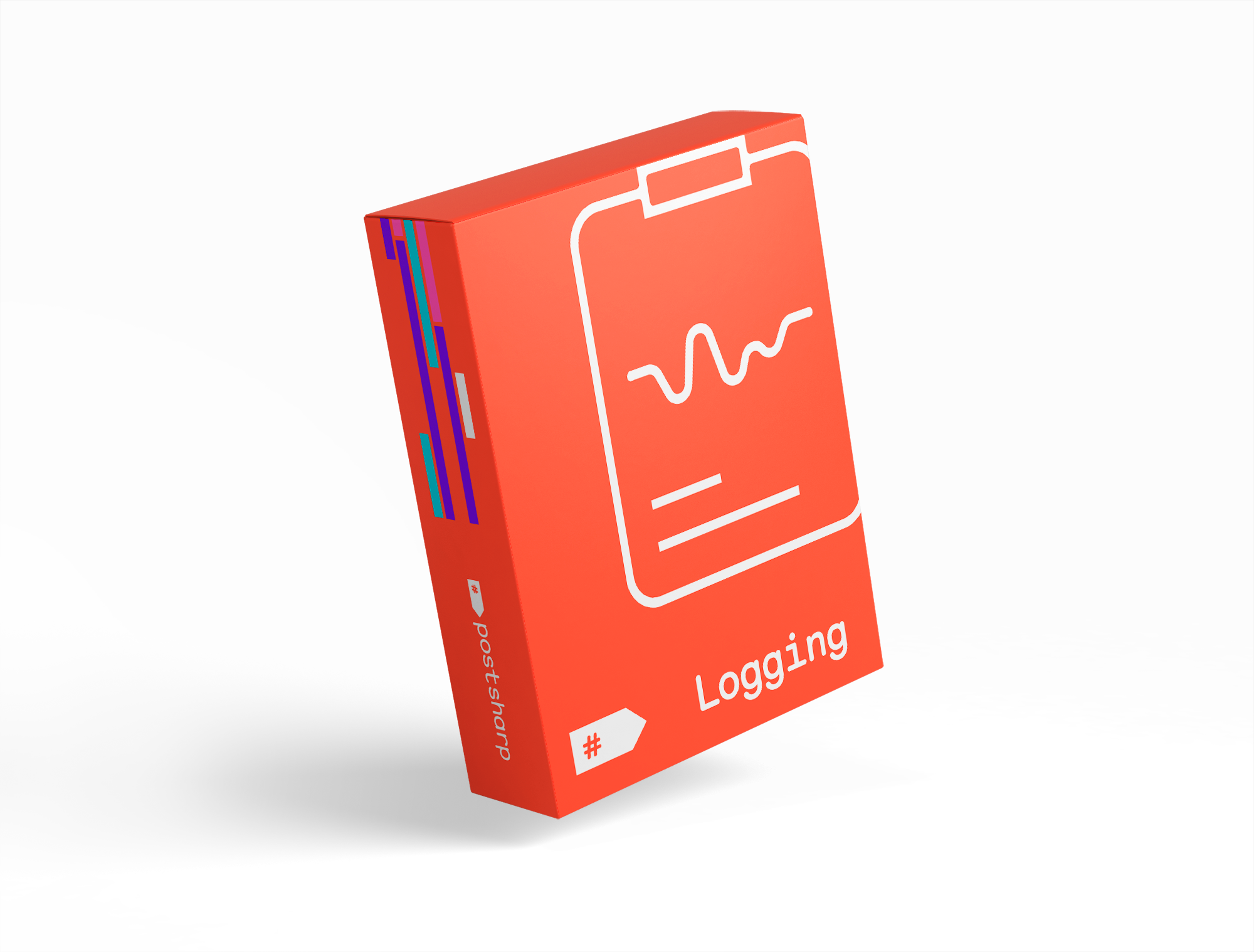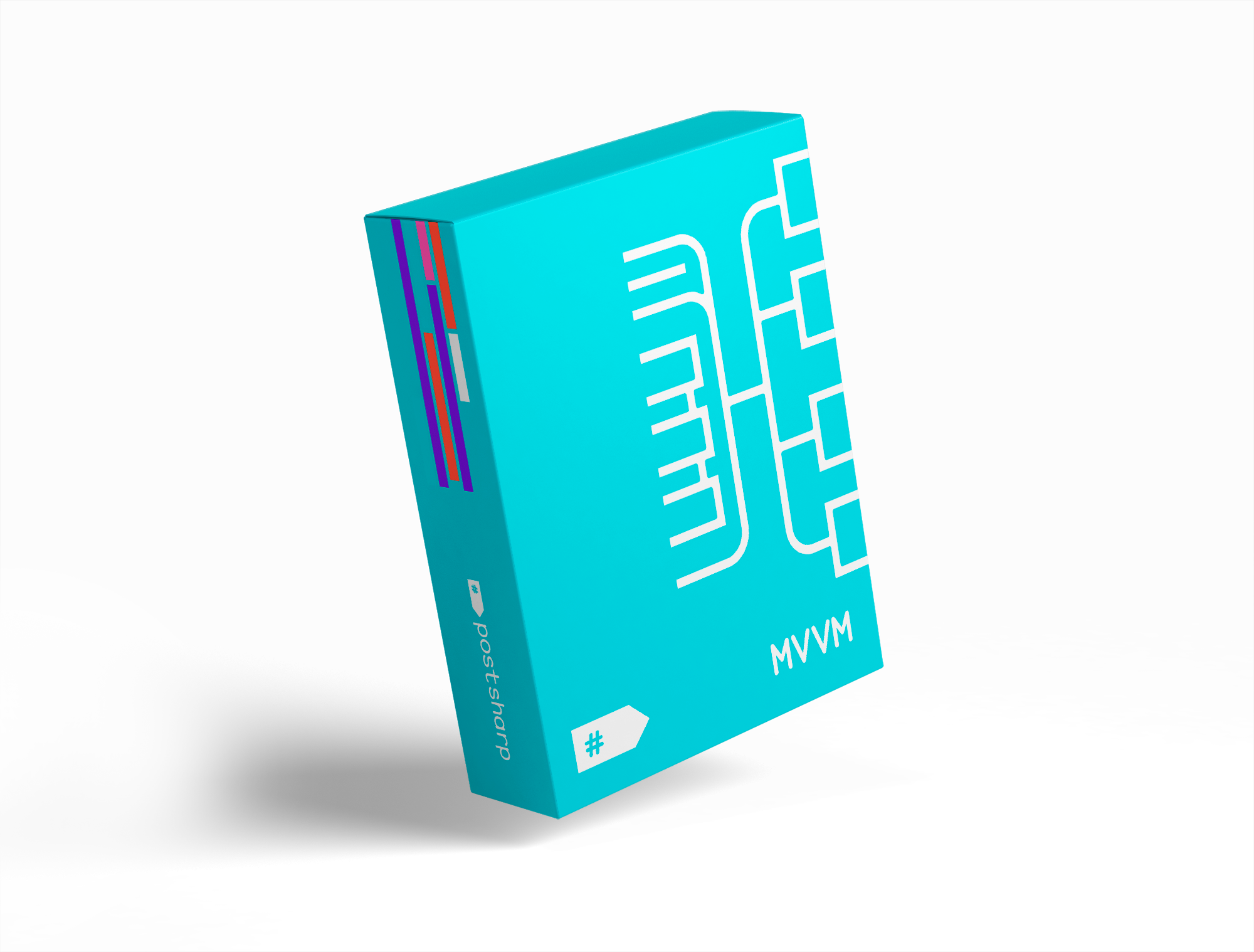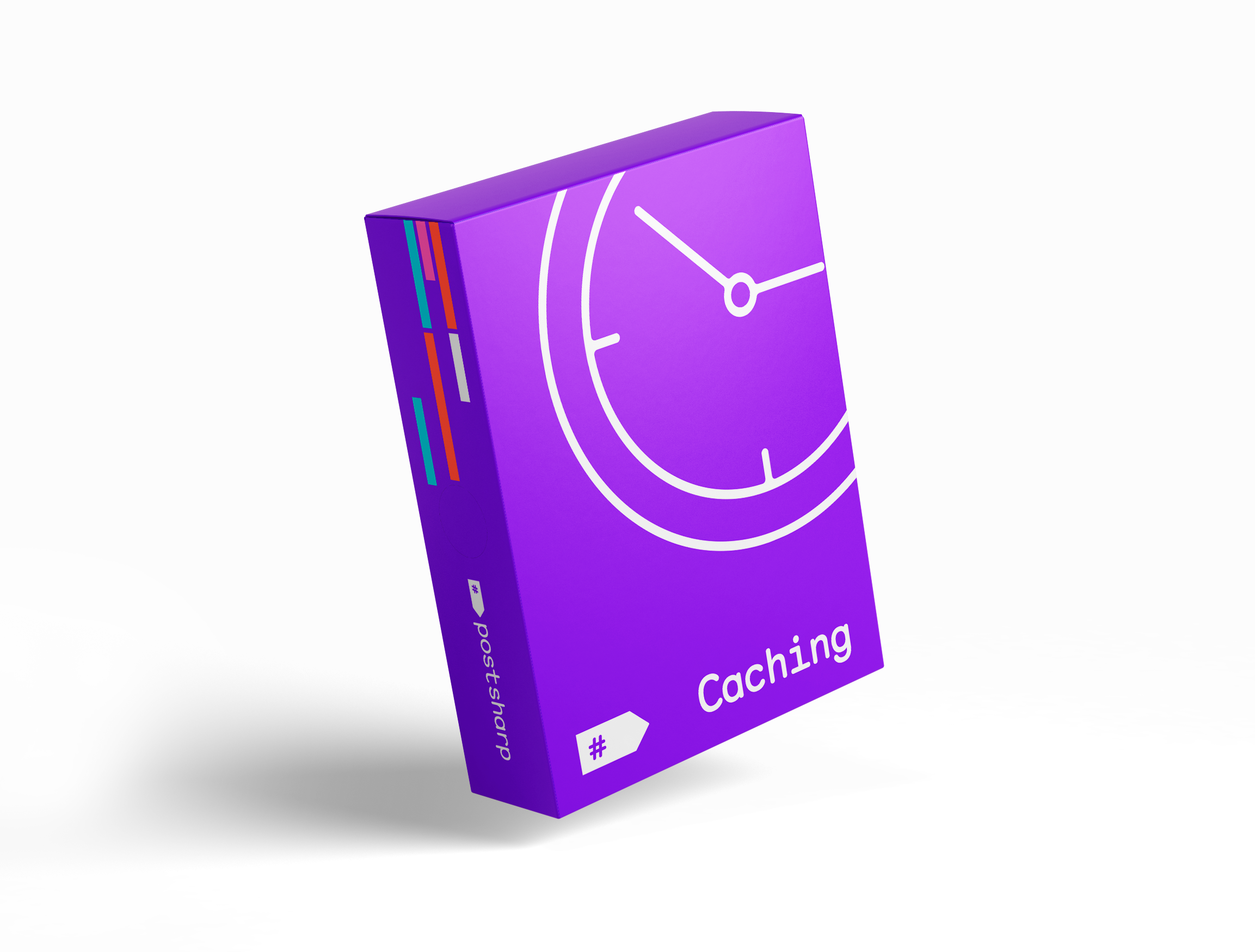The Proven MSIL-Based Aspect-Oriented Framework for .NET.
- Reduce Boilerplate: Dynamically generate repetitive code during the build process.
- Aspect Libraries: Avoid reinventing the wheel. We've already implemented the most common aspects.
- Rock-Solid: Our solution has been successfully serving thousands of companies since 2005.
How Does It Work?
1. Add the PostSharp package to your project and annotate the code with [CustomAttributes].
2. The C# or VB compiler builds your code into binaries.
3. PostSharp analyzes the binary and injects the implementation of the aspects.

4. Your App, Production-Ready
At run time, both your business logic and the aspects are seamlessly executed. Your source code remains crystal clear.
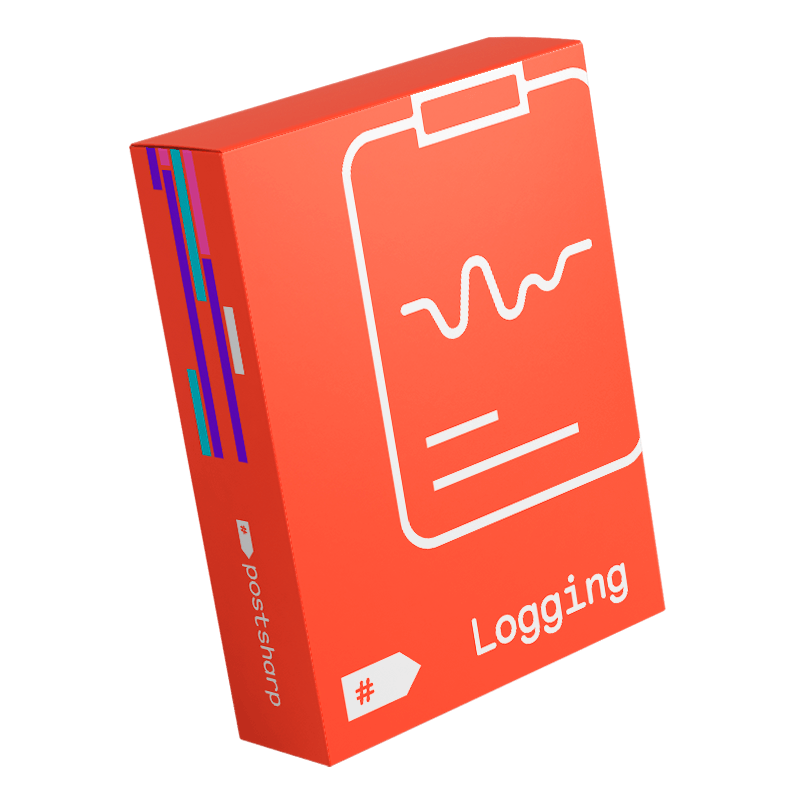
Get started for FREE
with PostSharp Essentials

Our Complete Toolbelt:
Success Stories

Siemens Audiology
Siemens Audiology achieved a 15% reduction in development time and improved code readability by eliminating unnecessary boilerplate code.
The team at Siemens Audiology faced a significant challenge when assigned to develop a new WPF implementation for two of their leading hearing system software applications. The challenge was to reduce coding time for developers implementing ViewModels and enhance code readability.

ATS Global
ATS Global has reduced its lines of code by 16%.
The team at ATS Global faced the potential challenge of multithreading issues and the complexity of writing synchronization code when they needed to build a complex shop floor simulation.
By turning to PostSharp, the team was able to write thread-safe code without requiring all team members to have advanced multithreading training. Consequently, they delivered the required features with 16% fewer lines of code.

Thales Information Systems
Thales primarily focuses on business logic.
When the Thales Information Systems team was assigned a significant refactoring task in a project, a key challenge was the simplification of architecture by reducing boilerplate code. The architect opted for PostSharp to implement custom aspects to manage logging, performance counters, and INotifyPropertyChanged, thereby helping junior team members to concentrate more on the business logic.

Gamesys
Gamesys boosts productivity with PostSharp.
Gamesys caters to approximately one million daily active users across its social games. The backend services process more than 250 million requests per day. Despite its large scale, this unique service is managed by a remarkably compact development team of merely seven highly productive individuals.
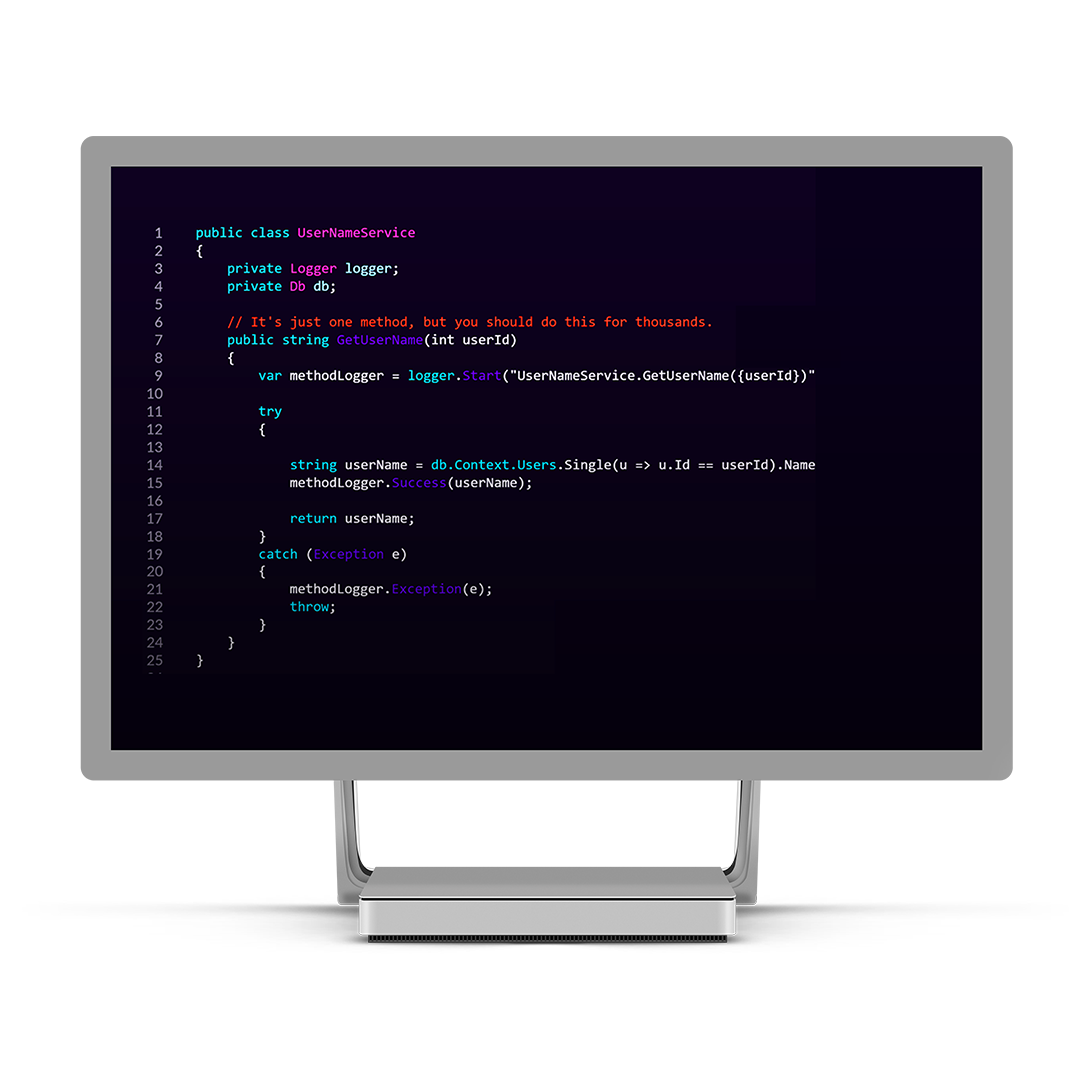
Cognitive X Solutions
PostSharp addressed 95% of CognitiveX's INPC code.
Cognitive X sought to deliver value to their clients and distinguish themselves from competitors. They selected PostSharp as a core component of their strategy. By reducing the number of lines of code they needed to write and aiding in the enforcement of best practices, PostSharp enabled them to develop new features for their clients more rapidly, at a reduced cost, and with fewer errors.

